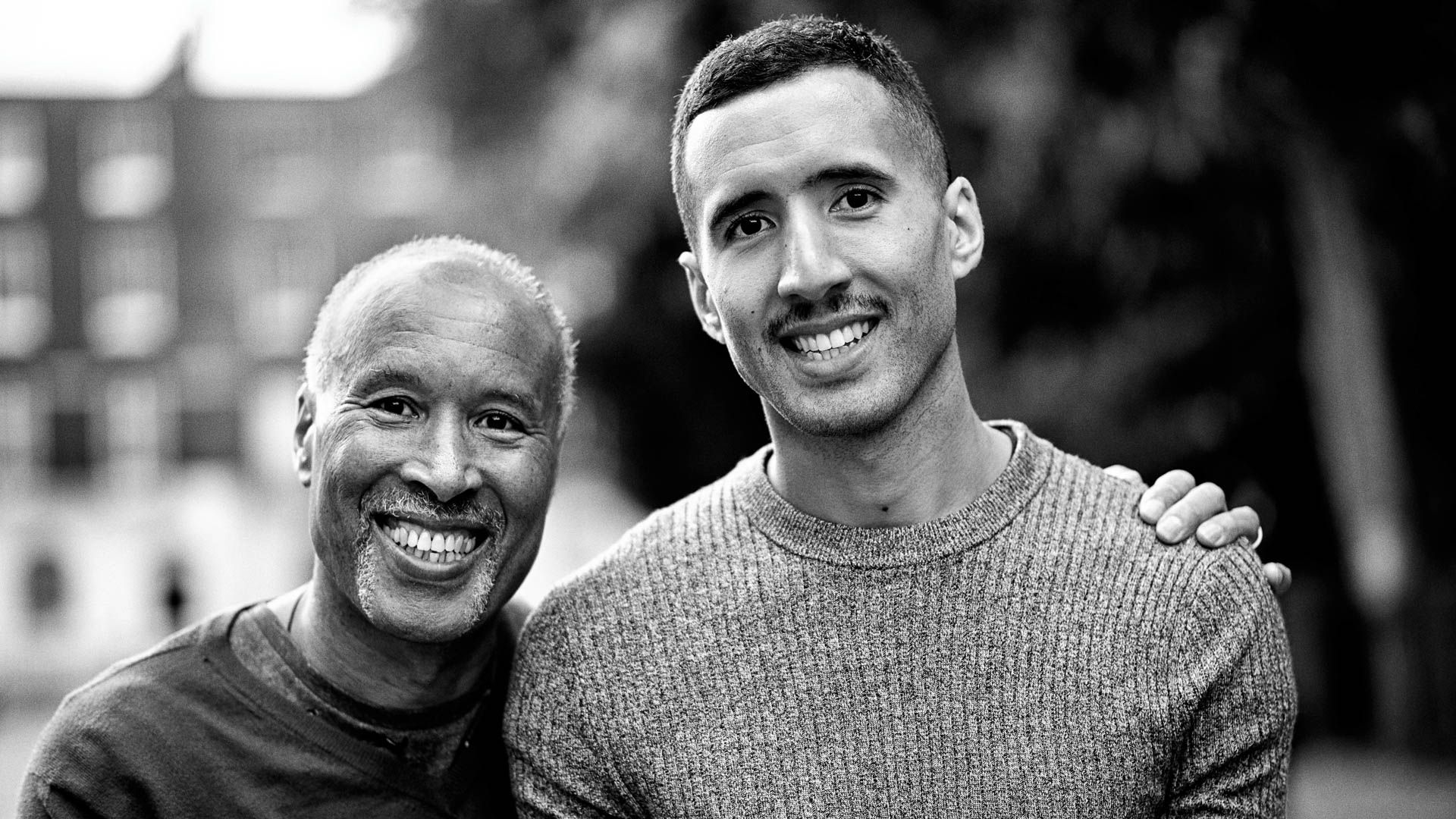

Movember announces second phase of funding for 5 projects to support men’s mental health
We’re excited to announce that 5 men’s health projects across Australia, the UK, and Ireland will receive a total of $2.38M AUD in funding over the next two years, through the second phase of Movember’s Digital Social Connections Challenge (DSCC).
Launched in 2020, the DSCC was aimed at identifying strategies that will strengthen the social connections of men who are struggling with isolation and poor mental health, particularly in the wake of COVID-19 lockdowns.
We were looking for fresh, innovative technology-based ideas to address the problem of loneliness, isolation and improve social connectedness in men and strengthen their overall mental health. For this challenge, we prioritised men who were at greater risk of social isolation because of where they live, their socio-economic status or cultural backgrounds.
For the first phase of the DSCC, 11 men’s health projects around the world were selected to receive a total of $3.72 million in funding to co-develop their projects with Movember over a two-year period.
The 5 projects that will receive funding in the second phase of DSCC are:
Australia
“The Cave on Twitch” delivered by The Man Cave
The Cave on Twitch is a new way for The Man Cave to support teenage boys (ages 12-17) in navigating positive social connection through online gaming. The program aims to empower teenage boys to build self-awareness, reduce mental health stigma and promote connection in an environment that is engaging, entertaining, and safe - equipping them to better connect and support each other during and beyond their time online.
YBMenNT delivered by Flinders University
This project involves trialling an online social and emotional wellbeing health promotion program called YBMenNT (adapted from a program originally developed in the US). It is aiming to engage young Aboriginal and Torres Strait Islander males (ages 15-25) from the Northern Territory, Australia. It uses a private social media group to generate strengths-based discussions around mental health, cultural identity, and progressive concepts of manhood and masculinities.
Ireland
Digital Literacy MEN delivered by Age Action Ireland
Digital Literacy MEN is aimed at improving the wellbeing and social connectedness of older men living in rural Ireland, by equipping them with the digital skills needed to interact online and explore social opportunities both online and offline. Lesson plans and practical activities are specifically designed to increase confidence and skills around safety, getting online, and connecting with others.
UK
Cha in the City – Peer Support for Punjabi Men delivered by Taraki Wellbeing
The Cha in the City project aims to reduce social isolation and loneliness among Punjabi men through peer support. It allows them to talk about their mental health, life challenges, and things they may not feel comfortable speaking about freely with family or friends. The second phase involves further piloting of curriculum development, support group delivery, and facilitator training.
Gamers vs. Depression delivered by Play Aid CIC
This project promotes mental health awareness, social connections, and wellbeing for men (ages 16-34) in the gaming community across the UK, Ireland, and Australia. In addition to organising events and activities to foster connection, the project will involve training Psychological First Aiders with knowledge about the community and embedding them within esports teams to provide psychological support and promote mental wellbeing to team members.
Ivy Lim-Carter, Director, Social Connections, Mental Health & Suicide Prevention at Movember, says: “We’re excited to be embarking on the second phase of this challenge. We have selected 5 projects, which have shown strong outcomes to move forward to second phase - implementation and evaluation over the next two years.
“We want to determine and test whether these projects will work in real world settings and if they strengthen social connections and improve mental health outcomes. We’re now looking forward to seeing how these projects develop and positively impact the lives of boys and men and their communities.”